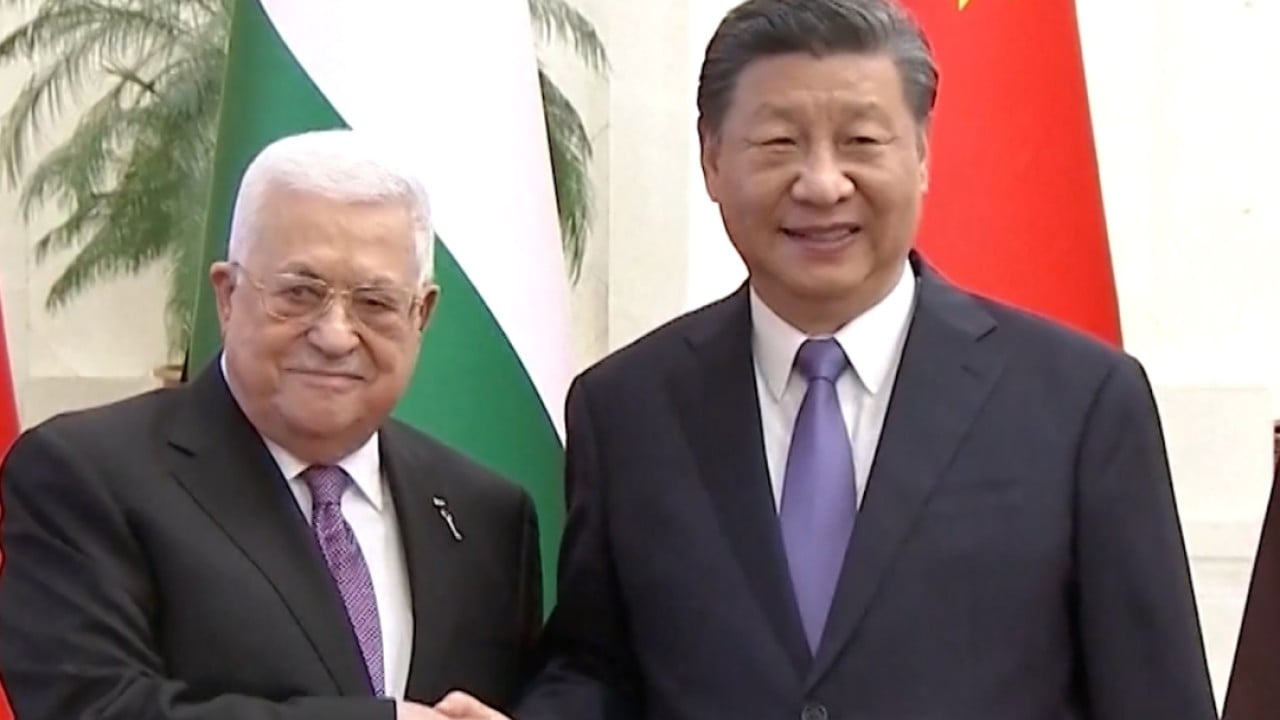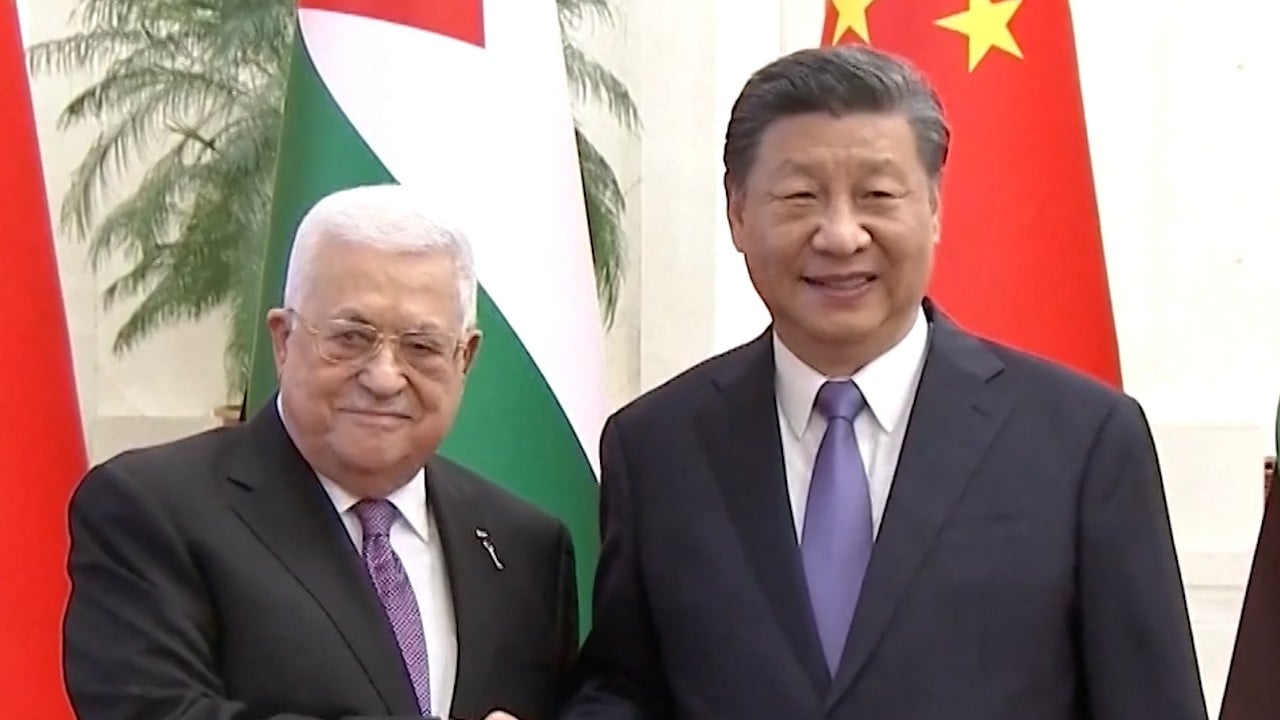Premier Li Qiang began his tour of the Gulf region last week with a visit to Saudi Arabia, followed by a trip to the United Arab Emirates. His trip to Riyadh, in particular, was aimed at expanding bilateral trade ties and exploring additional avenues for cooperation within the High-Level Chinese-Saudi Joint Committee.
Advertisement
China’s cooperation with member states of the Gulf Cooperation Council is undeniably growing, with arguably more concrete outcomes than its engagement with Iran. It signals a shift in China’s foreign policy on the Middle East away from one that is largely shaped by trade and economic interests.
China usually manages to maintain close ties with both sides of a conflict, whether it is Israel and Palestine or Iran and Saudi Arabia. Beijing often refrains from taking sides; its political moves are largely driven by its economic interests.
Advertisement
But this approach began to change in the early 2020s for several reasons. One is the wider context of China’s intensified rivalry with the US that is playing out around the world, including the Middle East. Another is the events where Beijing sees an opportunity to elevate its position and possibly erode US influence – its offers of peace mediation in Israel’s war in Gaza and Russia’s invasion of Ukraine should be seen in this light.
It is no surprise that China has made moves in the Middle East where US influence was experiencing setbacks. But while Beijing may not be ready to take over the US role as a provider of security guarantees, its foreign policy in the region is clearly aimed at securing a leading position in the Global South.


